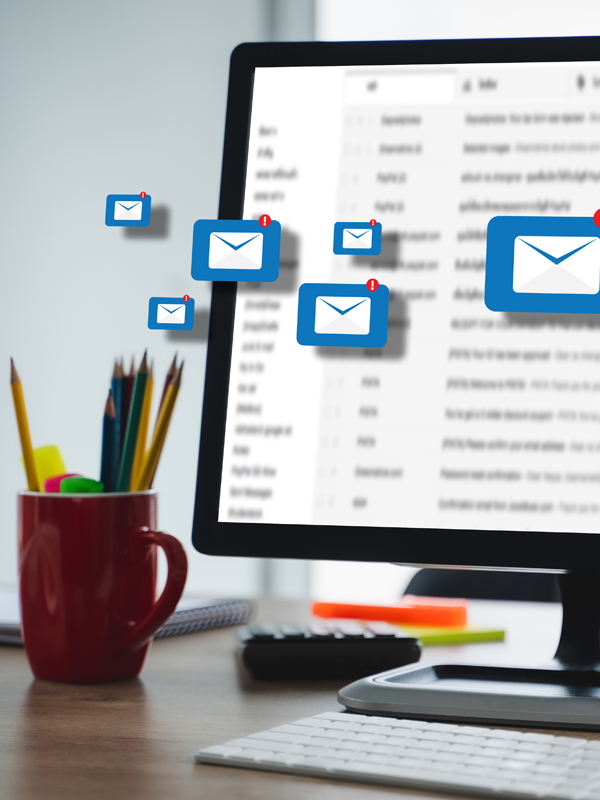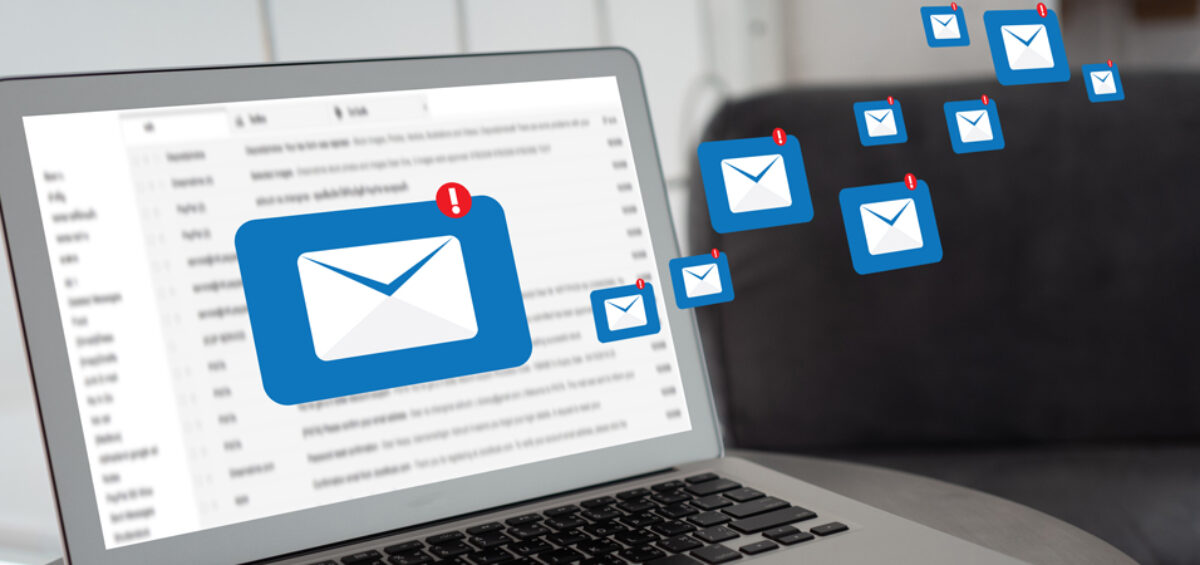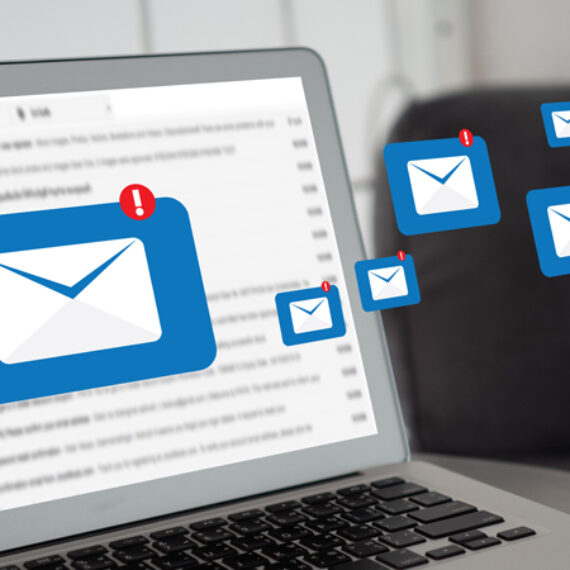Direct mail can be used in various ways to help you communicate with your customers, whether it’s to increase sales, provide them with useful information, or facilitate interaction between employees and customers. Here are a few examples:
Marketing materials. Direct mail is an excellent way for businesses to promote new products or services. It can also be used to provide information about changes in policies or procedures.
Customer service updates. Companies use direct mail to keep their customers informed about upcoming events or news items related to their business. For example, if you own a retail store and have a special sale planned, you could send invitations by mail. Or, if one of your locations has experienced a malfunction, you could send out notices informing customers to expect delays in their visit until the issue is resolved.
Requests for feedback. You can use direct mail as part of your customer feedback program by sending out surveys or questionnaires asking for information on the effectiveness of certain policies or what changes customers would like to see implemented in the future.


The Importance of Email Marketing
Email marketing plays a crucial role in a company’s communication strategy, offering numerous advantages and opportunities to build and maintain relationships with customers, prospects, and other stakeholders. Here are a few reasons why email marketing is essential for business communication:
Targeted communication: Email marketing allows you to segment your contact list based on specific criteria such as age, geographic location, purchase preferences, etc. This enables you to send personalized and targeted messages, increasing the chances that your content is relevant to each recipient.
Customer loyalty: You can use email marketing to maintain ongoing relationships with your customers by sending them updates about your products or services, special offers, newsletters, and other relevant content. This helps strengthen customer loyalty.
Acquiring new customers: Well-designed email campaigns can attract new customers by offering signup incentives, giveaways, or special discounts. You can also use email marketing to re-engage inactive prospects and convert them into customers.
Promoting products or services: Email marketing is an effective channel to promote your products or services, announce product launches, share updates about new features, and more.
Cost efficiency: Compared to other marketing communication channels, email marketing is generally more affordable. It requires less investment in terms of creation and distribution compared to traditional advertising.
Performance tracking: Email marketing tools provide detailed data on the performance of your campaigns, including open rates, click-through rates, conversions, and more. This allows you to adjust your strategy based on the results achieved.

Automation: You can automate many email-related tasks, such as sending welcome messages, follow-up sequences, and birthday messages, which saves you time and ensures consistent communication.
Real-time communication: Emails allow you to quickly communicate important information or real-time updates, which is essential in certain business sectors.
Data analysis and personalization: You can use the data collected on your customers to further personalize your messages, for example, by recommending products similar to those they have previously purchased.
Regulatory compliance: It is important to comply with data protection regulations, such as the GDPR in Europe, when collecting and processing email addresses. Be sure to obtain consent from recipients before sending marketing emails.
In conclusion, email marketing is a versatile and effective tool in a company’s communication policy, making it possible to maintain relationships with existing customers, acquire new customers, promote products and services, and accurately measure performance. A strategic use of email marketing can contribute significantly to the growth and success of a business.




















